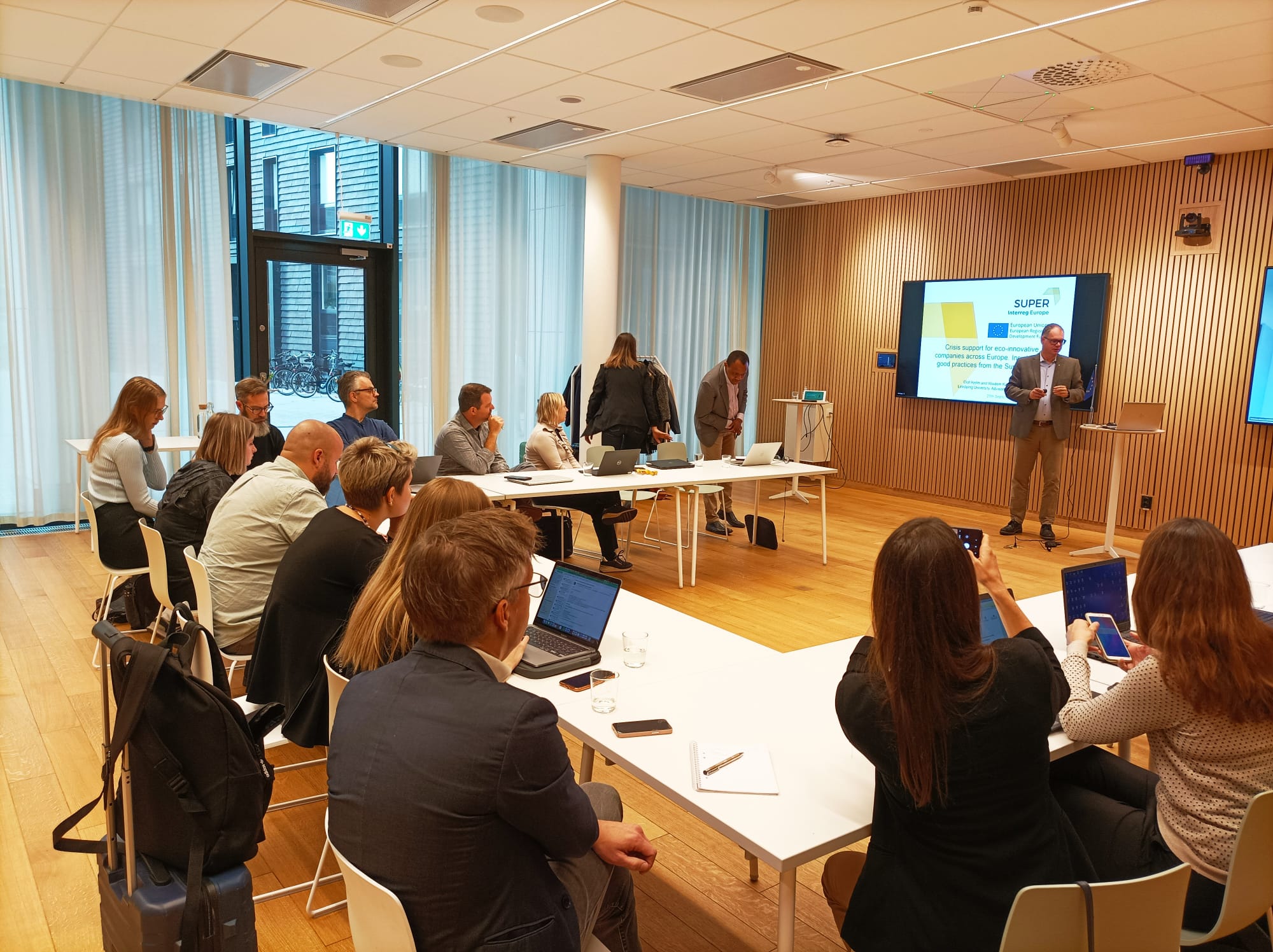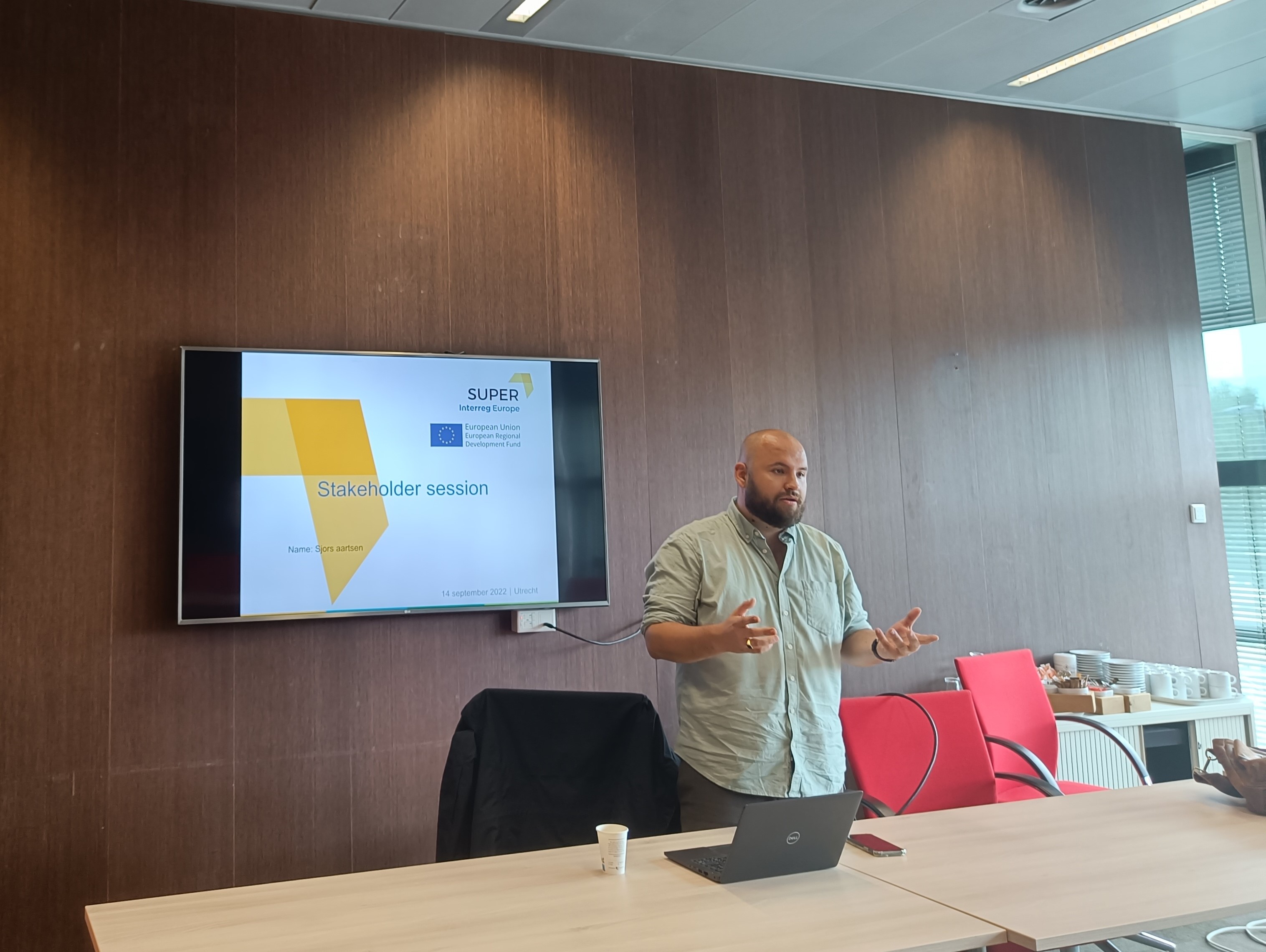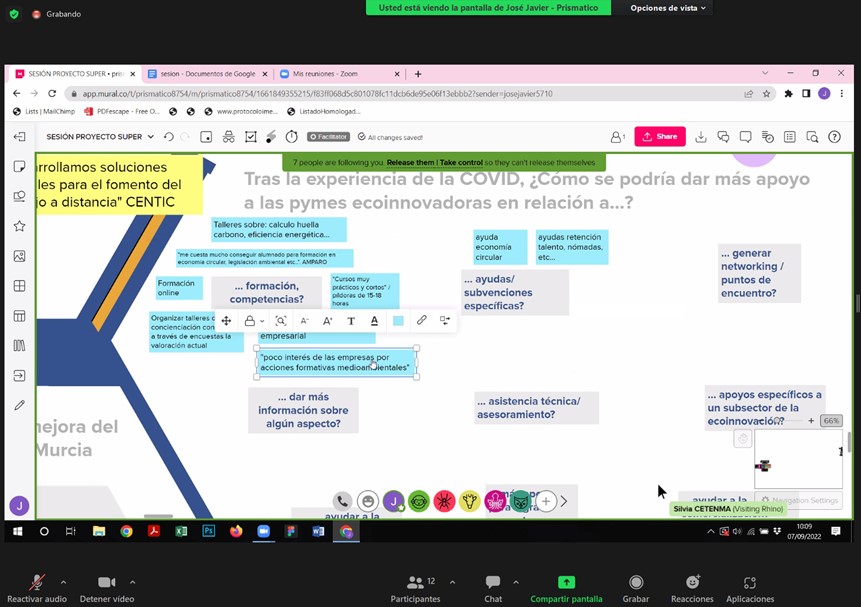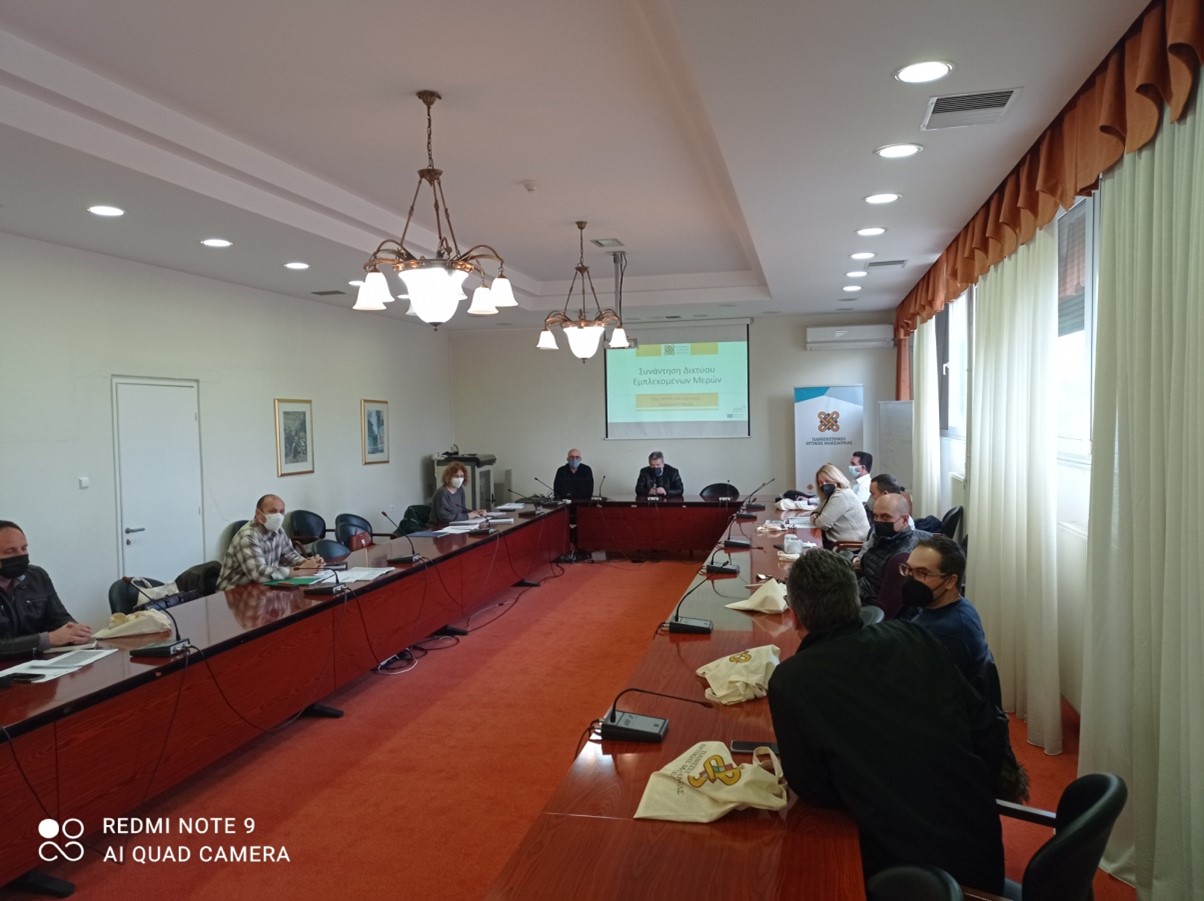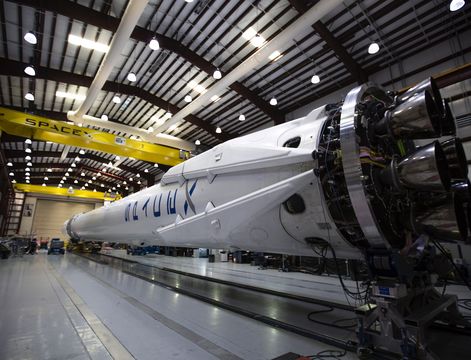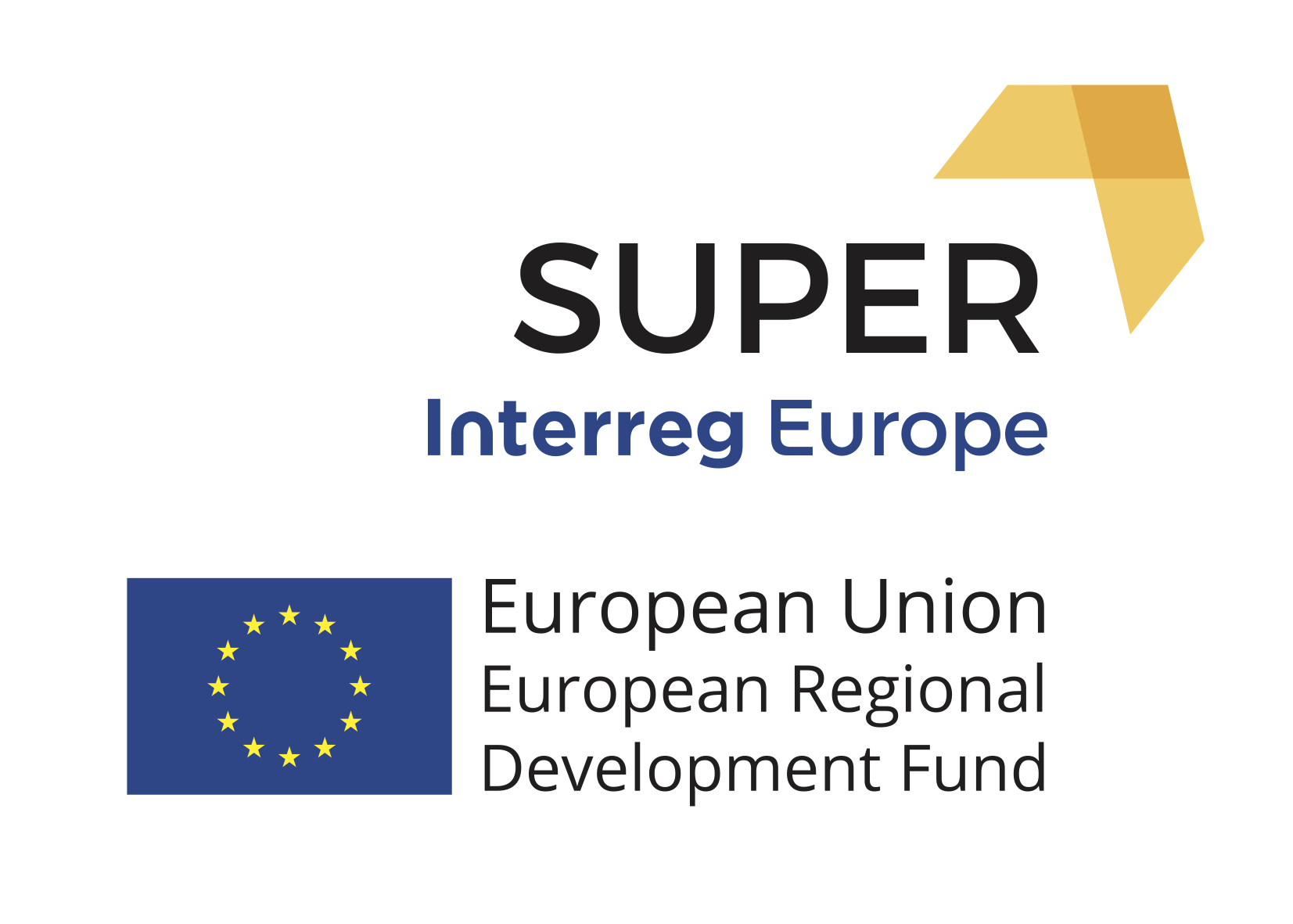An appropriate reflection of the sense of eco-innovation is the sentence: when business meets the environment, the slogan of European Union at cooperating in this area. One of the first users of the term eco-innovation Peter James defines it as new products and processes which provide customer and business value but significantly decrease environmental impacts. Its sense is promoting a commercial applying of knowledge to elicit direct or indirect ecological improvements. Eco-innovation is a part of the sustainable, innovation-based development process. In regarding to it companies of wide range of specialization try to focus on developing business models based on environmental sustainability to minimalize negative effects of their activity. Main assumption is better use of resources and simultaneously leading process of production more efficient and reasonable. Nevertheless these steps should be considered as a part of more complex process, which contains concomitant implementation of changes, besides technological also in social and institutional dimension. It is commonly held that technological eco-innovation must be supported by a corresponding evolution of social arrangements and institutional support structures.
Unfortunately, nowadays the limits of harmful emission of CO2 are much far away from expected levels and only a minority of all technological development is geared towards eco-innovation. The entrepreneurs and politicians should examine the true nature of eco-innovation issue and understand that small correction is not sufficient. The world need radical innovation reconstruction and this is a goal to which everyone supposed to seek. There is an urgent need to see a high potential in eco-innovation and its different types.
Eco-innovation could be as well alternative product as venture concept (introduction of a new method of production), a new component of a production system or a new architecture for that system. It may also be reflected in the conquest of a new source of supply of raw materials or half-manufactured goods, more efficient or the new way of its exploitation and use. It could be recognized also in the carrying out of the new organization of any industry, focusing on environment responsibility. Sustainable eco-innovation includes a large range of activities related to among other to areas like: water supply, waste management and remediation activities, bio-economy, green energy, biotechnology (molecular technologies for medicine and biopharmacy), food security and food technologies (functional food; bioresource). In the manufacturing processes eco-innovation changes could be seen, among others in using photonics and laser technology or by promoting the smart transport and ICT.
Eco-innovation is closely linked to a variety of related concepts like eco-efficiency, eco-design, sustainable design. Therefore is easy to see that existing gaps between each of those concepts could and should be fill in order to unite them in one movement, strong enough to create new eco order, both technological as social dimension, which priority will be sustainable development.
Project SUPER was founded to meet these challenges and join into the process of stimulation of development based on eco dimension. To achieve it, partners of the project are focusing on improving of SMEs uptake of Environmentally Sustainable Innovations (ESIs) into their business. Herein lays a need to create an international network of contacts concerning how public and private bodies can work on these issues in order to improve policy delivery for an Environmentally Driven Business Development of SMEs. The main purpose is to develop the businesses by developing the environmental dimension in their use of technology, in their business dealings, and their markets, i.e. SUPER aims are to stress and promote the approach that environmental aspect should be seen as a tool to develop business, not as arbitrarily imposed limit.
To better realize how eco-innovation are extensive and dynamic trend, we recomended to watch the video titled What is eco-innovation? produced by The ASEIC (ASEM SMEs Eco-Innovation Center).
The ASEIC is engaged in promoting a Asia-Europe cooperation to create and enhance eco-innovation of small and medium sized enterprises (SMEs) in both regions. Using created international platform The ASEIC shared and promote environmental regulations, eco-innovative technologies and new business opportunities and implement the vision of green growth around the globe. To find out more, check tge webside www.aseic.org/main.do
Other used materials:
P. James, Driving Eco-Innovation: A Breakthrough Discipline for Innovation and sustainability, London 1996
T.Hellstrom, Dimensions of Environmentally Sustainable Innovation: the Structure of Eco-Innovation Concepts [http://onlinelibrary.wiley.com/doi/10.1002/sd.309/epdf]


